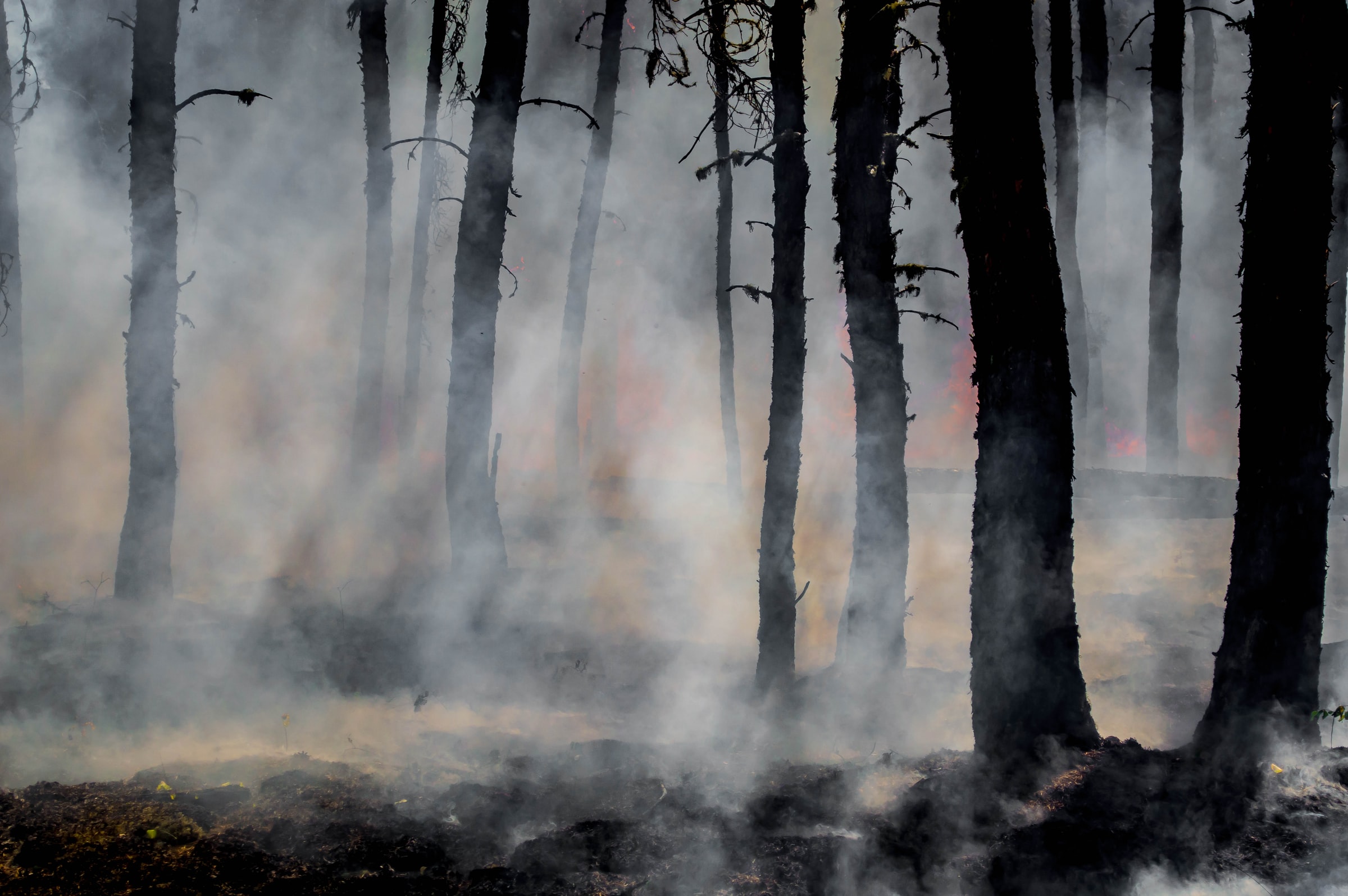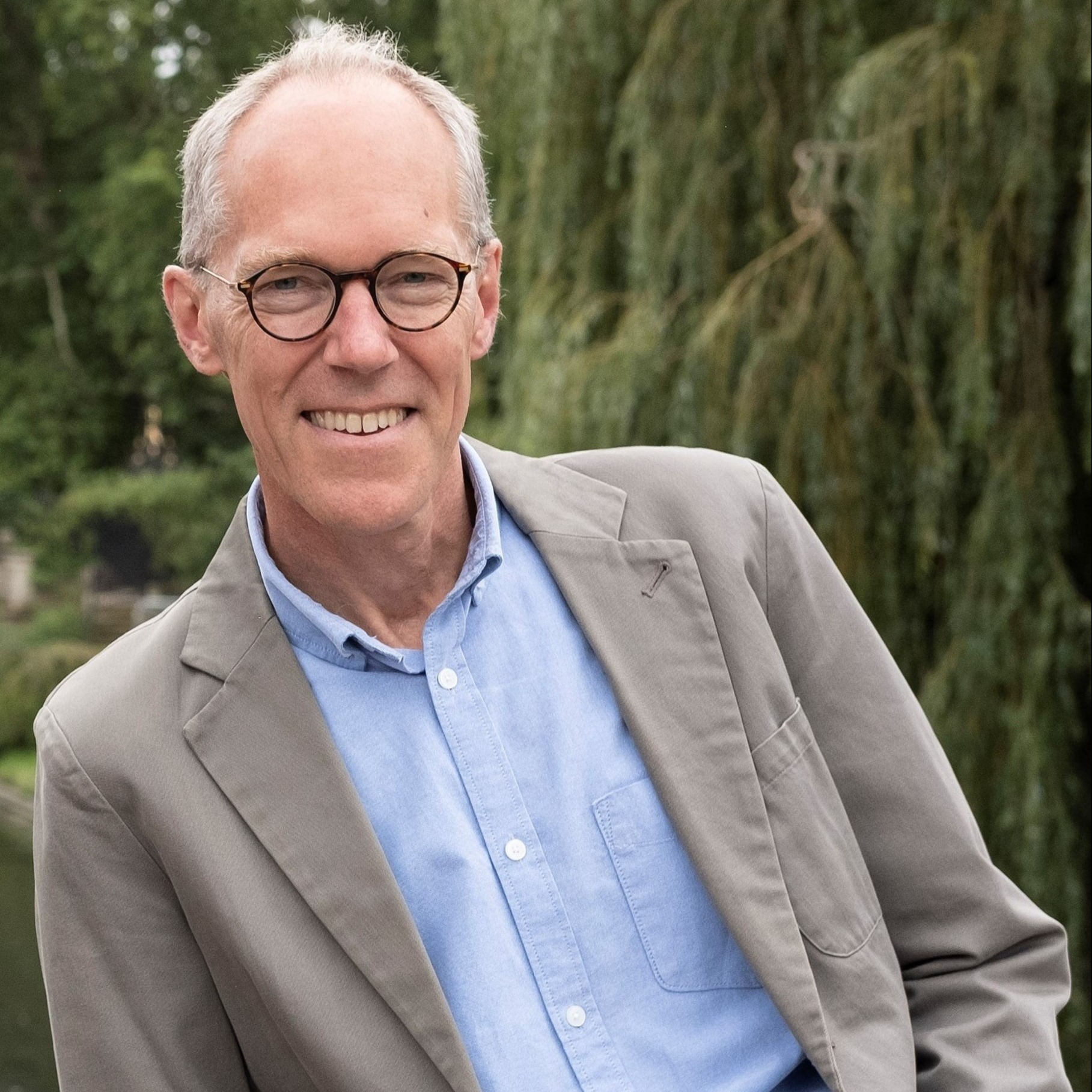Entering the Anthropocene?
God on Monday
Read previous
About noon as I approached Damascus, a great light from heaven suddenly shone about me. I fell to the ground and heard a voice saying to me, ‘Saul, Saul, why are you persecuting me?’ (Acts 22.6-7)
Welcome to the 32nd God on Monday reflection - the fourth in our series on purpose and the environment!
We are living in the Holocene. This geological epoch, which began at the close of the Old Stone Age, has seen the proliferation of human beings, and it includes all their written history, civilizations, and technological revolutions. Now, many scientists tell us, we are entering a new geological period called the Athropocene.
That name derives from the idea that the earth is now being impacted not so much by naturally occurring phenomena, like ice and volcanoes, but by the activity of anthropoi – human beings. Whereas the Holocene has provided relatively stable and human-friendly conditions, in the Athropocene human life may not be sustainable.
Earlier in this four-part series, I suggested that the life-giving spirit or ‘breath’ (ruach) of God animates both God’s word (the Bible) and God’s world. In other words, the breath of God that has given us the story of creation - in which it broods over the waters and gives life to Adam - inhabits the natural world. It follows, from this, that when human beings assault the natural world, they assault (wittingly or unwittingly) the Holy Spirit.
Saul, who later became the Apostle Paul, assaulted early Christians. He did so thinking he was doing God a favour. His words cited above from his conversion story demonstrate that he was unwittingly assaulting Christ. Human actions, it seems, are not merely human. They have divine ramifications. We grieve the Holy Spirit when our actions damage other humans or the natural world. Our response needs to follow that of St Paul: a turning away from all forms of destruction to embrace the breather of life.
Today churches all over the world commemorate that great lover of nature, St Francis. To mark the occasion, his namesake Pope Francis is issuing a joint statement with other faith leaders to urge the world’s political leaders at the COP26 summit next month to make concrete commitments to achieve net-zero carbon emissions. It follows the encyclical he issued on St Francis’ Day last year called
Fratelli Tutti, which sounds as delicious as a new flavour of Italian ice cream. But in it he denounced the human assault against nature and praised St Francis for heeding God’s voice in nature.
If we are entering the Anthropocene, we will all need to become like St Paul and St Francis in heeding God’s voice and taking appropriate action. For that is what on earth we’re here for.
This Week's Author
Peter S Heslam, Director of Faith in Business.
 Read next
Read next
All subsequent God on Monday reflections are produced in partnership with the Church of England.